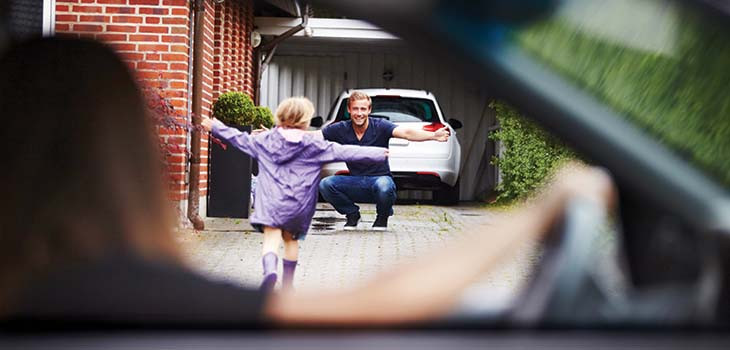
- How the courts are applying the law in relation to parental alienation.
- What tools the courts have available in these instances.
- The difficulties in proving parental alienation and the different, often subtle forms it takes.
- What lawyers, clients and practitioners need to do if parental alienation is alleged.
Upon divorce or the breakdown of a family, the relationship between a child and their parents can often encounter difficulties.
Children may gravitate towards one or the other parent for any number of personal and practical reasons. Conversely, children may become hostile or resistant to their relationship with one parent, possibly seeking to blame them for the breakdown of the marriage or relationship, or motivated by perceived personality flaws. Sadly, there are almost limitless potential ways in which family conflict can cause a breakdown in a child’s relationship with one





.tmb-mov69x69.jpg?sfvrsn=961ae4db_1)
95ca96e3d47f4eff8d147c4f0df17c77.tmb-mov69x69.png?sfvrsn=3db5d86b_1)

